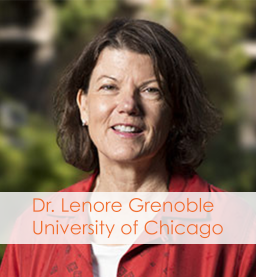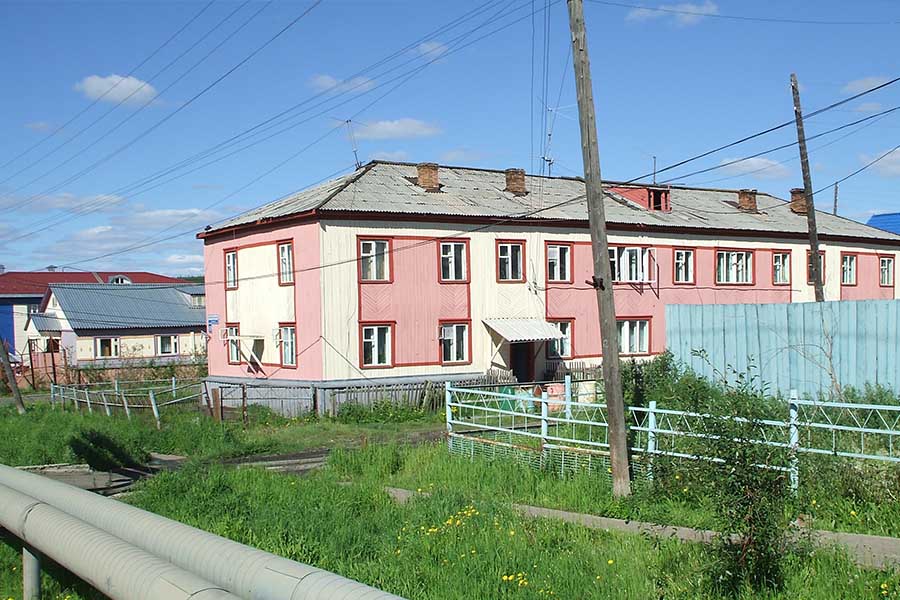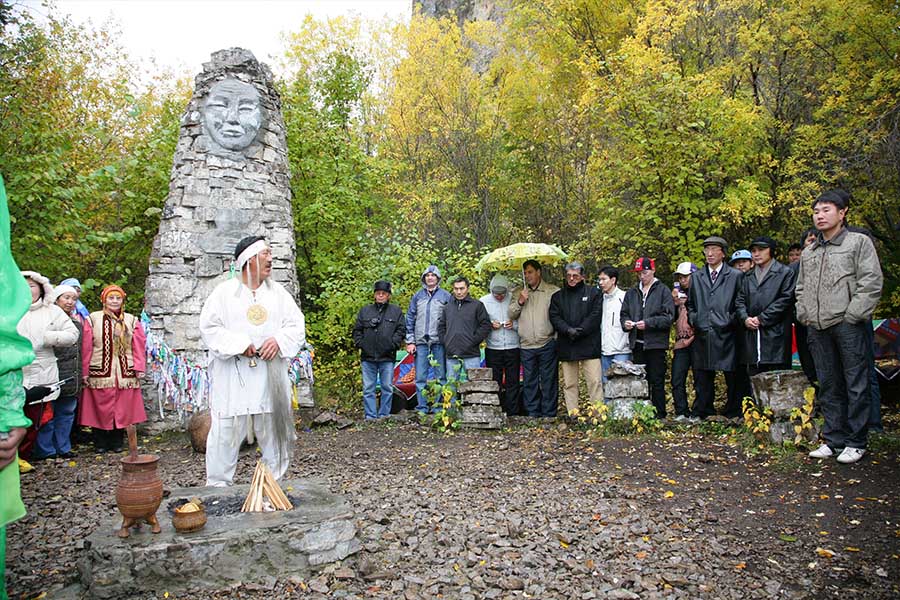
"Lenore Grenoble specializes in Slavic and Arctic Indigenous languages, and is currently conducting fieldwork on Evenki (Tungusic) in Siberia, Kalaallisut (West Greenlandic, Inuit) in Greenland, and Wolof (Niger-Congo) in Senegal. Her research focuses on the study of contact linguistics and language shift, discourse and conversation analysis, deixis, and issues in the study of language endangerment, attrition, and revitalization."
Date: 02/08/2016
Time: 3:00pm - 4:30pm
Venue: CTIHB 101, U of U
One of the major issues of our time is climate change and its immediate and long-term effects
on the world we live in. In the Circumpolar Arctic, climate change is proceeding at an
accelerated rate and affects all walks of life. Increasing temperatures have resulted
in coastal erosion and the displacement of people, changes in mammals, fish and vegetation. Thinning
sea ice has made the hunting of sea mammals more dangerous on the one hand,and has
opened up access to waterways that both make natural resources available, but also
intensified security issues.
Indigenous peoples are directly affected by these changes. Many live a subsistence
or partial subsistence lifestyle and view their core identity as being deeply connected
with the land and nature. Cultural and social well-being are linked to engagement
with the land, and language is a core part of culture (Schweitzer et al. 2010). For
this very reason, rapid climate change and cultural disruption present particular
challenges in finding ways to foster linguistic and cultural sustainability in the
Arctic.
In Siberia, the situation is particularly grim. There are 50 or so different ethnolinguistic indigenous
peoples living in this vast territory, and all are undergoing extensive and intensive cultural
disruptionWho are these people and what is at stake? In this talk I put a face to these
peoples, mapping out the Siberian linguistic ecology and demonstrating direct links between
language usage, the lexicon, and traditional indigenous practices.
Changes to these are, however, relatively superficial. The fundamental changes taking
place today are linguistic and cultural erosion: climate change is one part of a larger
picture of cultural disruption which is driven by other factors, including globalization,
rapid development, and urbanization together with acute political and economic pressures. The
result is rather bleak prospects for the future of Siberian indigenous languages.
Climate is an accelerator, and part of a complex nexus of social factors.




